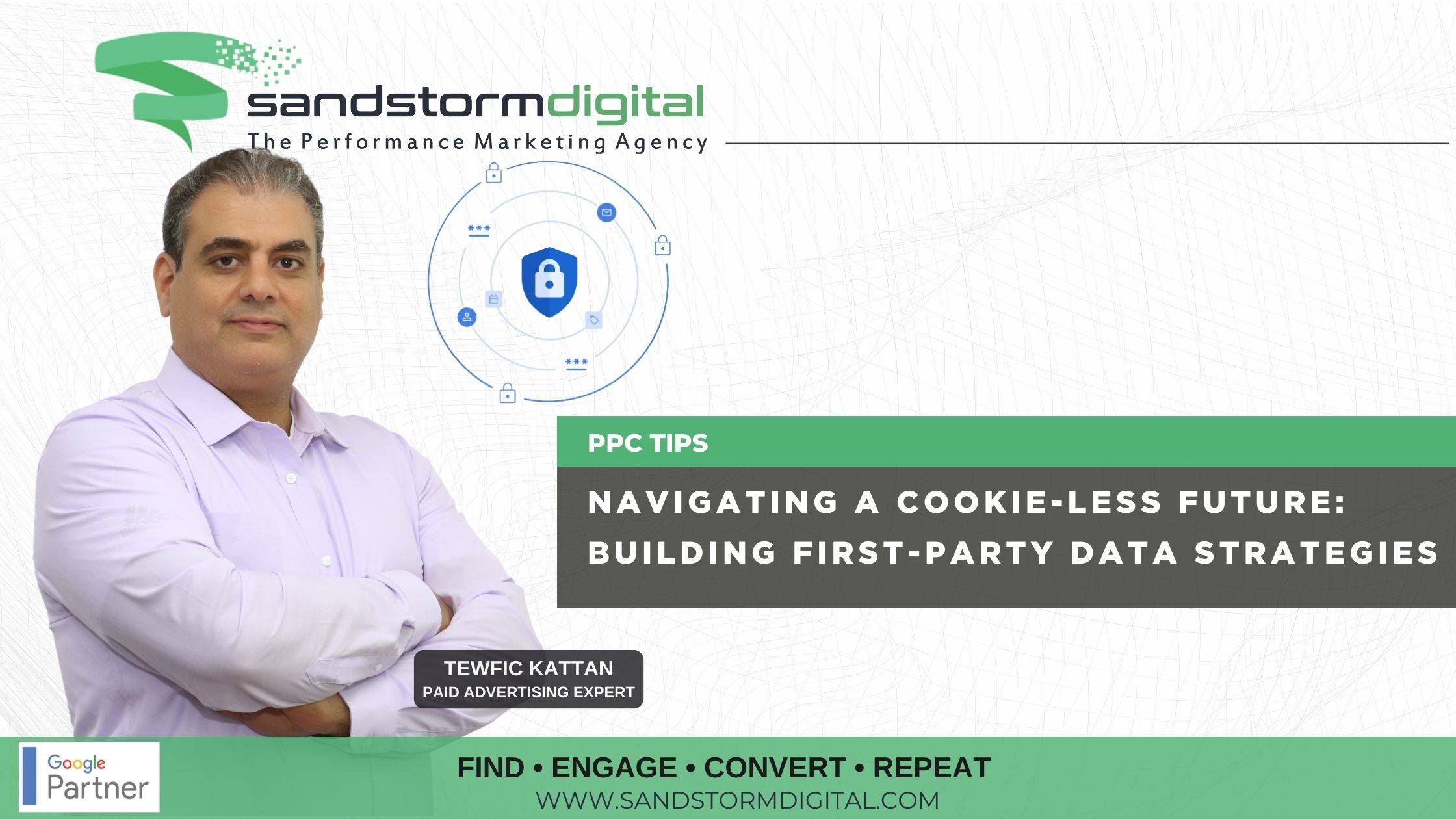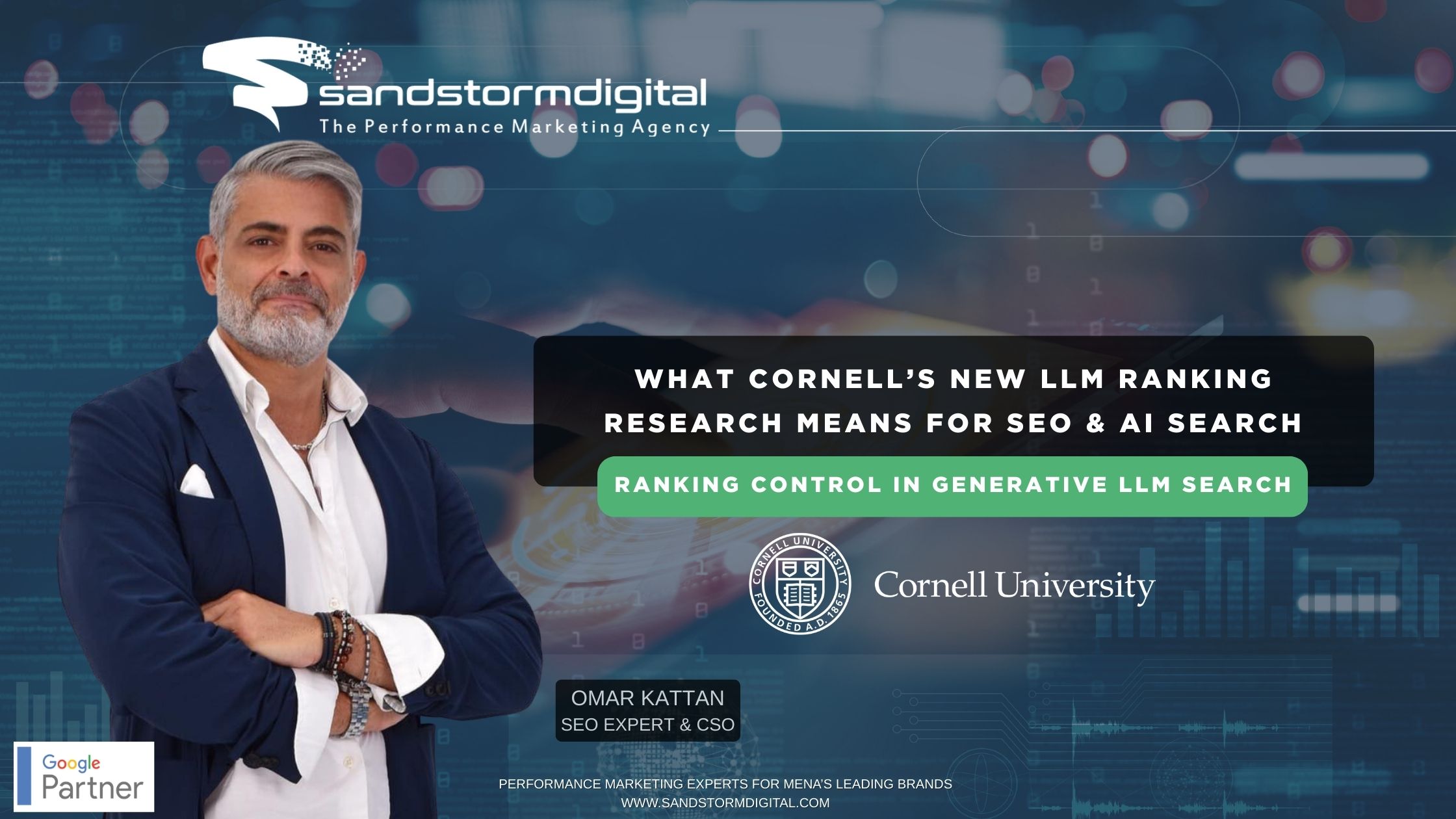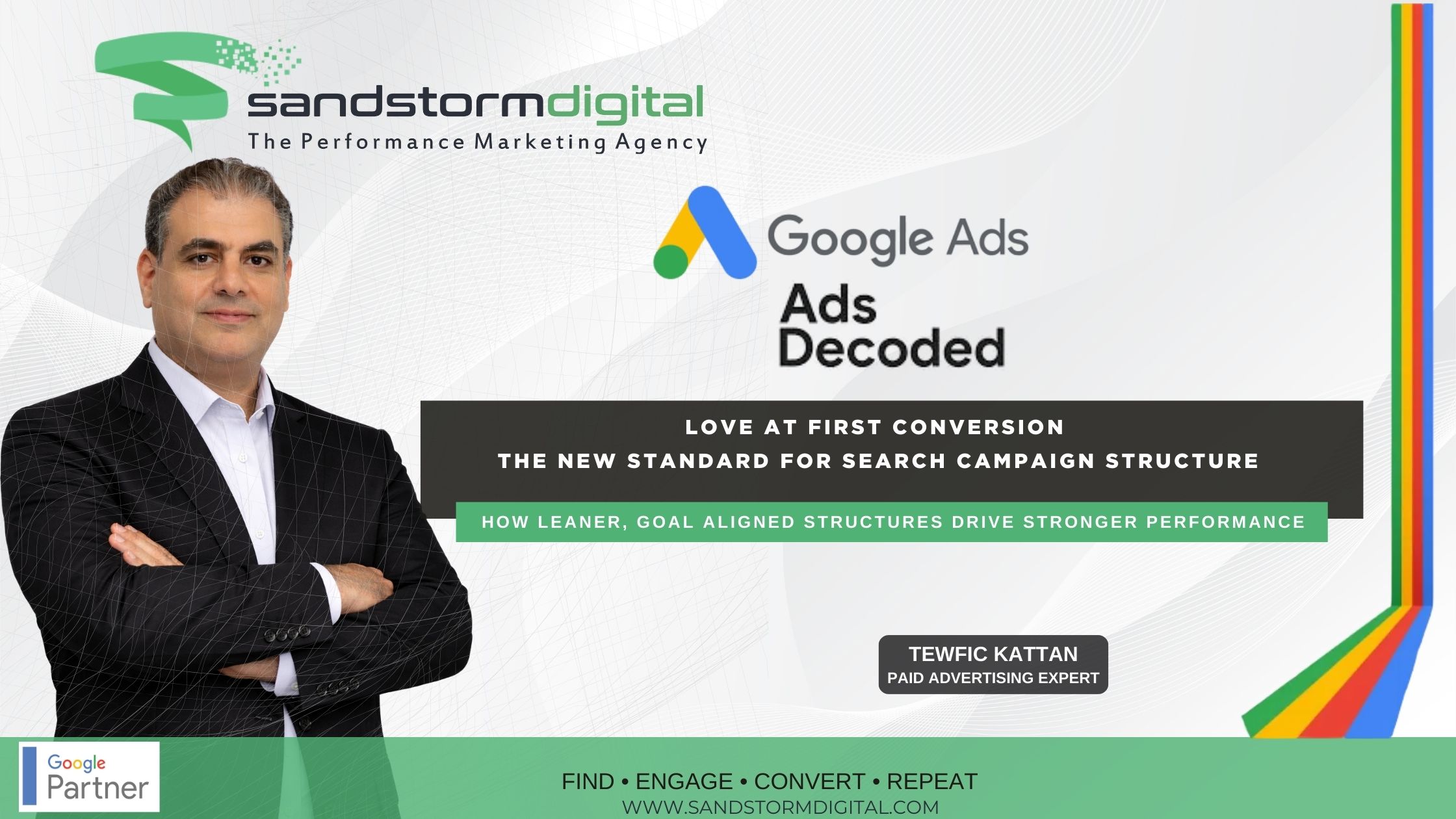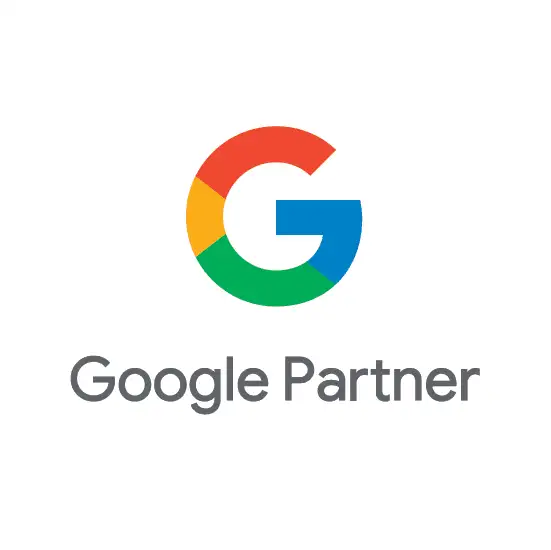In light of Google’s ongoing efforts to phase out third-party cookies, data privacy has become a focal point for digital marketers. While Google Chrome has temporarily extended its support for third-party cookies, the days of relying on them are numbered due to increasing regulatory pressures and user-driven demands for more control over their personal data.
Navigating a Cookie-Less Future: Building First-Party Data Strategies
For PPC (pay-per-click) advertisers, this shift presents both challenges and opportunities. Marketers must pivot towards developing more direct relationships with their audiences, focusing on collecting opt-in first-party data. This transition is essential for maintaining campaign effectiveness and adhering to privacy regulations that are reshaping how data is collected, shared, and utilized.
The future of audience targeting will be grounded in robust first-party data strategies. Marketers should leverage this data to cultivate deeper, consent-driven relationships with users, rather than relying on the diminishing returns of third-party tracking. Moving away from third-party cookies is no longer a hypothetical—it’s a necessity.
Google’s Confidential Matching: A New Era of Data Privacy
Amid this changing environment, Google has introduced “confidential matching,” a privacy-centric technology designed to help advertisers manage and use their first-party data securely. Confidential matching, powered by confidential computing, isolates data during the processing phase to ensure that sensitive information is safeguarded from external access, even from Google itself. This breakthrough offers businesses an opportunity to leverage their own data while maintaining enhanced privacy controls.
Confidential matching utilizes Trusted Execution Environments (TEEs), which combine hardware and software to create a secure processing environment. This system not only protects sensitive customer information but also provides transparency and verification mechanisms to build trust with advertisers. As part of Google’s broader privacy initiative, confidential matching is now the default for Customer Match data connections, with plans to expand its availability across additional advertising solutions in the near future.
Implications for the Broader Digital Landscape
While confidential matching is a positive step towards addressing privacy concerns, some in the industry are cautious about its potential impact on Google’s already dominant position in the digital advertising space. By positioning itself as the leader in privacy-driven advertising solutions, Google could further solidify its influence.
Nevertheless, Google’s advancements in privacy technologies reflect a broader industry trend towards privacy-first marketing. As the digital privacy landscape continues to evolve, marketers must stay informed and adapt to new technologies like confidential matching to ensure they can continue to effectively reach and engage their target audiences.
Preparing for the Future of Audience Cultivation
To remain competitive in this privacy-conscious world, marketers should focus on creating transparent, value-driven interactions with users to encourage first-party data collection. Developing a strong data foundation, prioritizing privacy, and adopting solutions like Google’s confidential matching will be key to ensuring success in a cookie-less future.
By embracing these new tools and strategies, advertisers can future-proof their campaigns, remain compliant with privacy regulations, and build trust with their audiences—driving better long-term results while respecting user privacy.












One Response
Insightful 💡